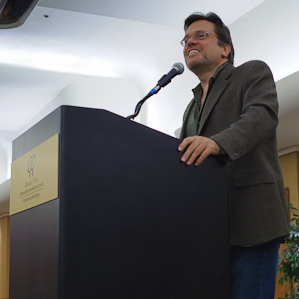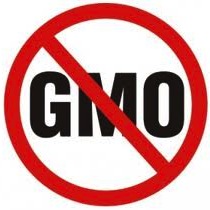Who will feed the starving masses?
We took GoodFood World on the road this week and it gave us a chance to discuss the big news of the last week: the alternative food system’s response to an article that appeared in the New York Times, Genetically Engineered Food for All, by Nina V. Fedoroff. Another salvo across the bow of agro-ecology and the organic movement, the article is just part of a propaganda blitz that has been going on for years, paid for – of course – by Big Ag and Big Food.






